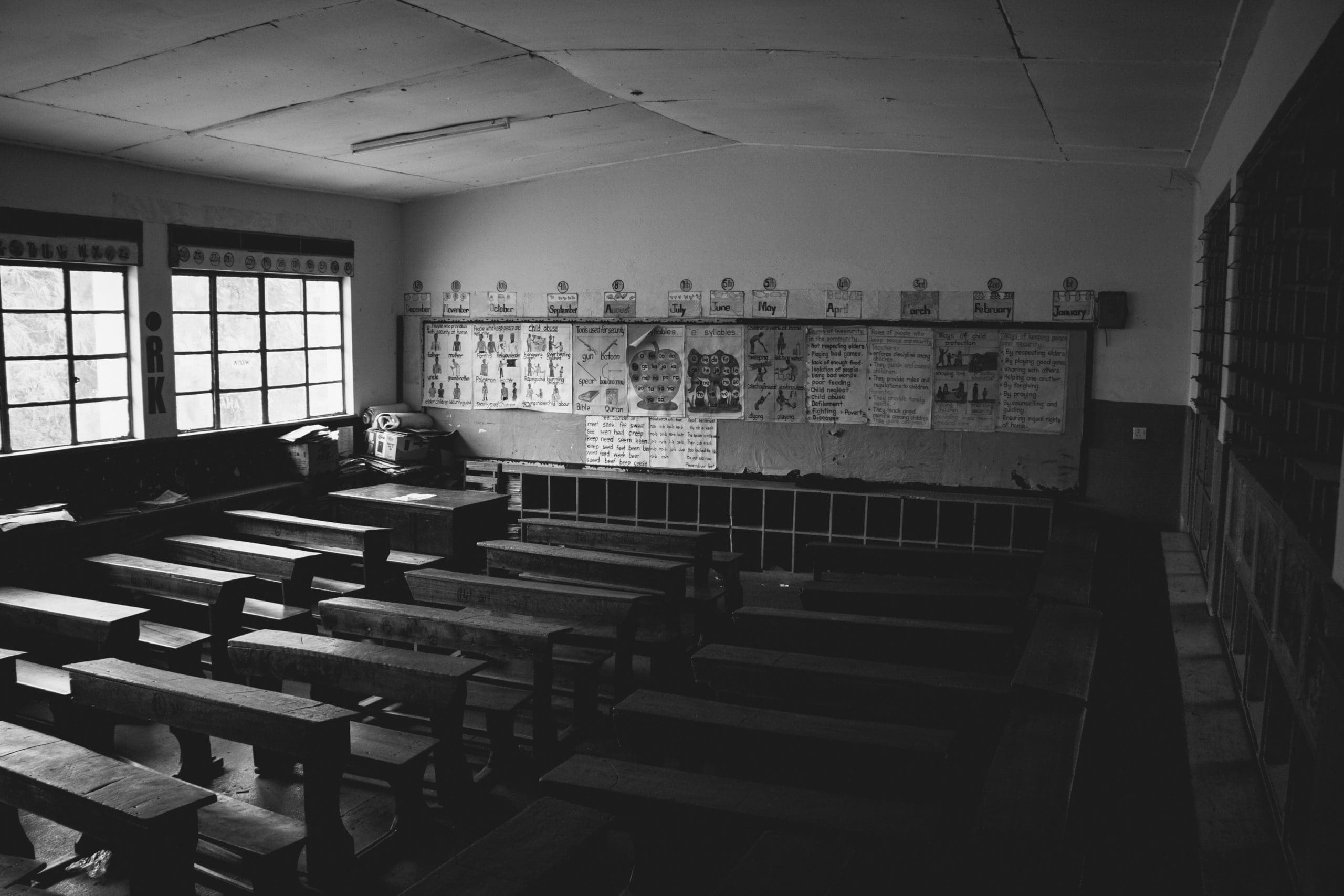Fort Worth Independent School District officials are not even attempting to hide their use of critical race theory. In fact, CRT has already become embedded in the very fabric of the district.
In 2018, Texas Scorecard reported on Fort Worth ISD school board member Jacinto Ramos Jr. and State Rep. Ramon Romero Jr. (D–Fort Worth) telling an auditorium full of freshman and sophomore students in North Side High School about critical race theory.
“One is a theory called critical race theory—that none of this is an accident, that the social construct of race is working exactly the way it was designed to work, which is to divide us,” said Ramos.
Yet the instruction of critical race theory in Fort Worth ISD did not start with Ramos’ divisive speech.
In February 2016, the school board created a department to push “racial equity” in the district. The district’s Division of Equity and Excellence webpage has an overview of services provided by the department.
The overview starts with a statement from Superintendent Kent Scribner about the killing of George Floyd:
“Fort Worth ISD, with over 83,000 students and more than 11,000 employees, has the power and the duty to be part of the solution to dismantle institutional racism on behalf of the children we serve and the community in which we all live.”
FWISD provides an Equity and Excellence resource page that includes “articles of interest” with titles such as “Critical Race Theory and the Whiteness of Teacher Education,” “From Safe Places to Brave Places,” and “The ‘New Racism’ of K-12 Schools: Centering Critical Research on Racism.”
Also included on the resource page is a link to “professional development opportunities” offered by FWISD. They offer more than 52 hours of CRT trainings, including one called “Critical Race Theory in Fort Worth ISD: An Introduction.”
The course description states:
“In this self-paced course, participants will learn how racism is prevalent in all aspects of our society, including our US educational system, and how it impacts the Black, Brown, Native American and Indigenous student experience. The course begins with an overview of racial equity work in Fort Worth ISD. Next, participants will learn about the legacy of racism in schools from the Black, Brown, Native American, and Indigenous perspective. Throughout the course, there will be opportunities to engage independently and collaboratively with other participants. As a culminating activity, participants will develop their own Racial Equity Strategic Plan to move more deeply into critical self-reflection and work towards implementing their plan into the participant’s current roles. Participants need not have attended ‘Beyond Diversity’ or other Equity & Excellence trainings to participate in this virtual course.”
Following a racial equity policy adopted by the board in April 2017, the department has also started taking “equity walks,” touring classrooms to see if they are following antiracist practices and looking through a lens of “racial equity.”
Carlos Turicos, a 2020 FWISD graduate, has a unique perspective on CRT in the district.
“It is a waste of time and counterproductive for our students and teachers,” Turicos told Texas Scorecard. “Parents and teachers are concerned about this practice, as it teaches people to believe America is a racist country and that color is everything.”
“Why are we so fixated on color when the character of the person is what is important?” he asked.
In 2016, district officials also approved the Racial Equity Committee to “provide leadership and input in building racial awareness, and establishing policy and goals for students, families, and staff, that ensure racial equity in the education of all students in Fort Worth ISD.”
Texas Scorecard obtained minutes of Racial Equity Committee meetings dating back to 2018. The contents show just how infused Fort Worth’s public school system is with CRT.
During a May 2018 meeting, the district’s chief of human capital management, Cynthia Rincon, gave a presentation on FWISD’s hiring practices. During this discussion, it was stated that “a diverse pool of employees is needed for FWISD.” Yet the district’s data showed employees were “nearly evenly split between African American, Hispanic and White.”
Committee members questioned if applicants would know of “racial equity work in this district.” Rincon responded, “Yes, it is infused in all of our work.”
The committee also recommended an article titled “White Families Are Engines of Inequality.”
This idea of staffing to match the demographics of each school was discussed during the committee’s October 2018 meeting, when members asked for more information on principals’ hiring practices because “some campuses do not represent the demographics of their school.”
The committee asked, “Do principals have to provide explanations regarding who they choose to interview or not interview?”
In the same meeting, Academics and Segregation subcommittee chair Brandi Waller-Pace said, “The long-term project is to examine segregation and zoning.” She also suggested they invite Nikole Hannah-Jones to “present information about segregation in public schools and perhaps do some consulting.”
Hannah-Jones is a reporter for The New York Times who developed the controversial 1619 Project, which “aims to reframe the country’s history” through a racial lens.
Last June—following three months of school shutdowns due to COVID concerns that Superintendent Scribner said would cause “historic academic regression”—school board members again turned their attention to CRT, approving a resolution to adopt the committee’s Racial and Ethnic Equity pledge and endorse their statement:
“As members of the Racial Equity Committee we will speak out against the perpetual White supremacy, systemic racism, and the anti-Blackness we observe and experience. The need for action to accompany our words is imperative. We will support our school district in conducting a full Racial Equity Audit at every school and district wide. This tool will be used by the Racial Equity Committee and FWISD Leadership to identify and eliminate systems, policies and practices which perpetuate racism in our schools and community. … We understand that racial injustice is systemic and deeply rooted in the history of our country, but it must stop now.”
Fort Worth resident and parent Traci Jenkins is a strong opponent of CRT and condemned FWISD’s policy:
“No society obsessed with race has ever ended in anything but mass murder. This bad idea produces inhuman results. We have to fight every time we see this wickedness and its results forced upon us. This worldview is embraced by many elites and is wrapped in flowery language, but don’t be deceived. It’s based in the lies of Marxist propaganda.”
Citizens with evidence of critical race theory in Fort Worth ISD may contact Texas Scorecard.




